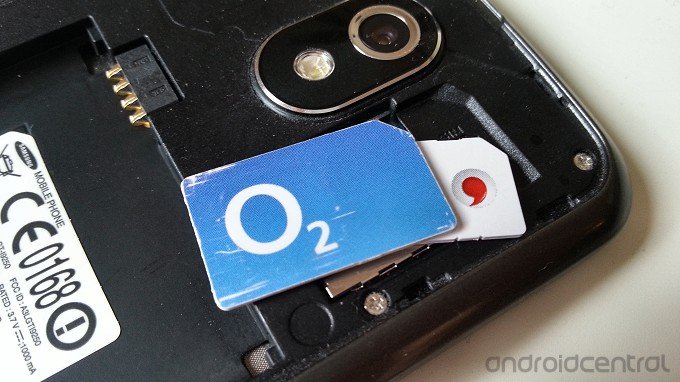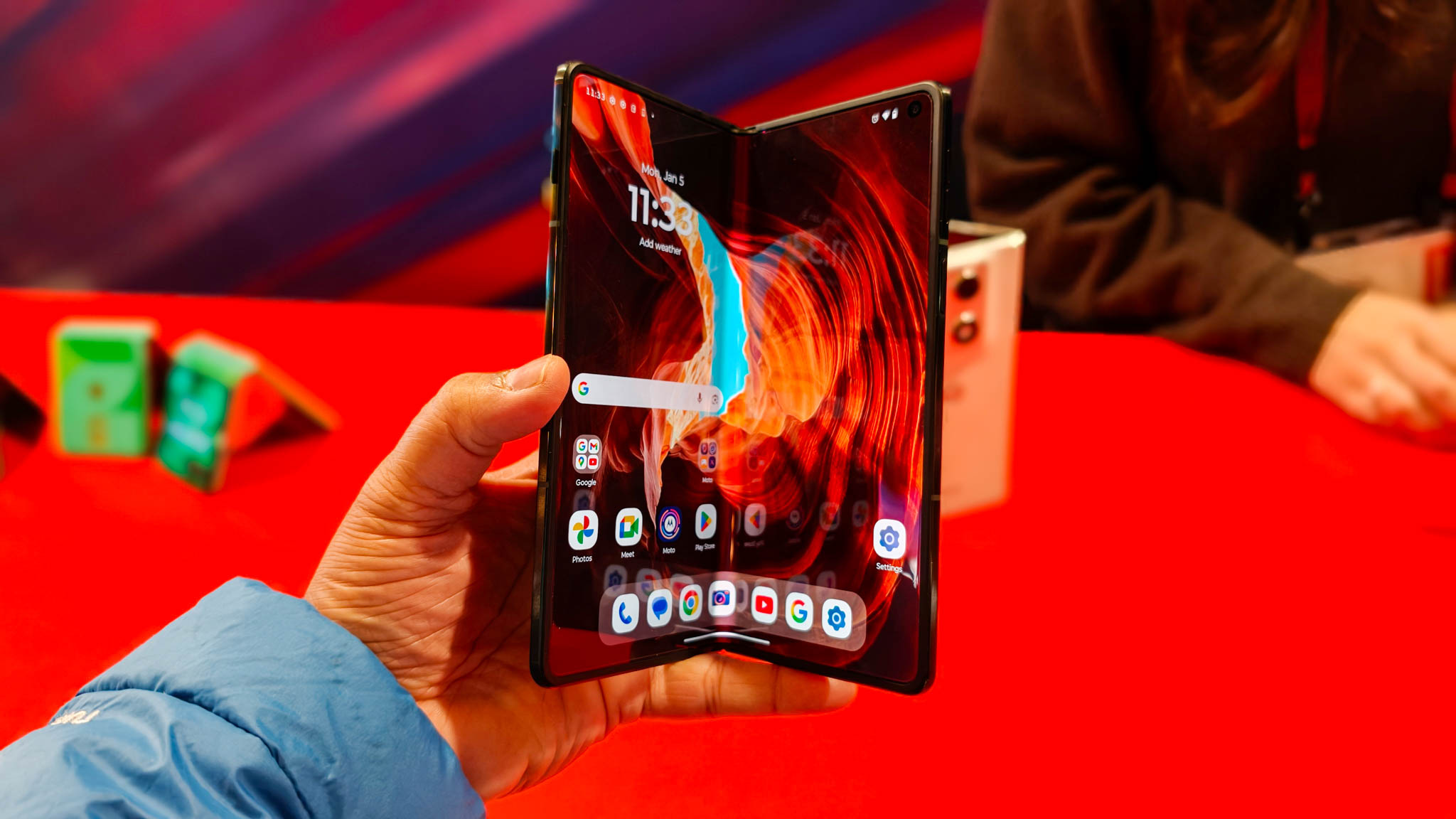O2 UK and Vodafone announce infrastructure sharing agreement

In news that sounds more exciting than it actually is, British mobile networks O2 and Vodafone have announced an agreement to combine and share their existing 2G, 3G and (eventually) 4G network infrastructure. The country's second and third-largest network operators plan to create a nationwide "grid" upon which each company's network will run. Unlike competing operator Everything Everywhere, formed by a merger of Orange and T-Mobile UK, Vodafone and O2 will continue to operate separate, competing networks in the UK. It's important to note that this is absolutely not a merger of the two networks -- such a deal would never be allowed by British regulators.
The most interesting part of the deal concerns the roll-out of 4G LTE services on the two networks. Voda and O2 say the agreement to build a grid underpinning both networks will allow them to deploy 4G services more quickly than would otherwise be possible. Again, the networks themselves will remain separate, and the operators will continue to deliver competing services and price plans. The only differences, the companies say, will be in how quickly we see 4G sites being lit up following the (much delayed) 800MHz/2600MHz spectrum auction.
To oversee all this, a new 50/50 venture between O2 and Vodafone will be formed to manage the newly-consolidated infrastructure. This will consist of 18,500 sites, which the companies say represents a 40% increase for both networks. O2 will oversee "design, management and maintenance" of the sites making up the new grid in the east of the UK, while Vodafone will take up these responsibilities in the west.
So what does this mean? Again, this isn't a merger of two mobile networks, as we saw when T-Mobile and Orange formed Everything Everywhere a few years back. O2 and Vodafone (and their customer-facing networks) will remain separate, this is merely an expansion of their existing network sharing agreement. As such, there'll be no Everything Everywhere-style cross-roaming agreement to allow Vodafone customers to roam on O2, or vice-versa. Instead, the sharing will be done at the infrastructure level on both networks.
If all goes to plan, it'll mean better reception for those in areas with poor O2 coverage, but a strong Vodafone signal, or vice-versa. And in the future, it's hoped it'll help both operators establish 4G LTE networks covering more of the country more quickly -- up to 98% of Brits by the end of 2015, according to estimates.
Vodafone and O2 are currently in talks with British communications regulator Ofcom, and hope to press ahead with their new network sharing plans later in the year, assuming everything's approved.
Source: O2 News Center
Get the latest news from Android Central, your trusted companion in the world of Android

Alex was with Android Central for over a decade, producing written and video content for the site, and served as global Executive Editor from 2016 to 2022.
